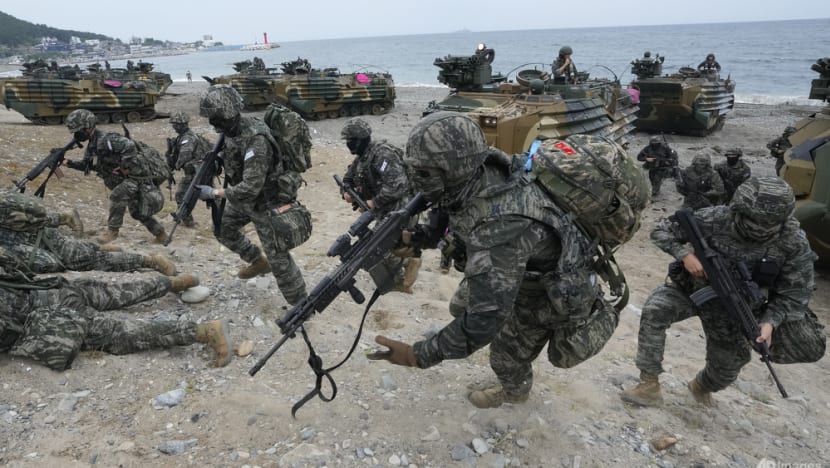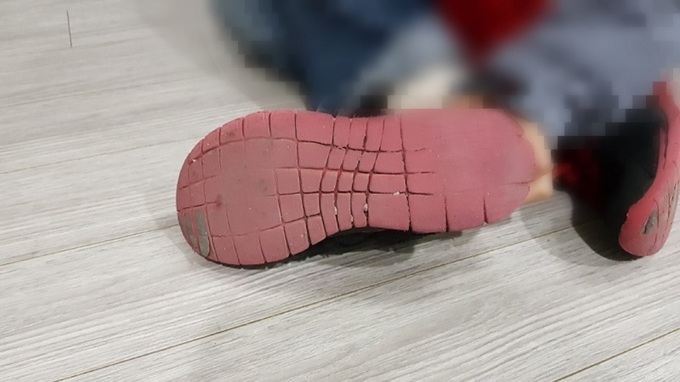— Risk of breakthrough infection, hospitalization higher with undetectable antibody titers
by Charles BankheadSenior Editor, MedPage Today December 30, 2022
Cancer patients vaccinated against COVID-19 had a significantly higher rate of negative antibody tests as compared with a vaccinated control population, greatly increasing the odds for breakthrough infection and hospitalization, a large British study showed.
Among people who had received two doses of COVID-19 vaccine, 4.68% of 4,249 tests for patients with cancer had undetectable antibody levels vs 0.13% of 279,721 tests for the control population (P<0.001). Patients with leukemia and lymphoma, with stage IV cancer, and those receiving systemic therapy appeared to be most likely to mount a poor vaccine antibody response.
An undetectable antibody test more than doubled the odds for breakthrough infection and conferred a sixfold increase in the risk of COVID-related hospitalization on multivariate analysis, reported Lennard Lee, DPhil, oncologist of the University of Oxford, and co-authors, in JAMA Oncology.
“To our knowledge … [this] is the first study to demonstrate that COV-S antibody testing is an effective tool to identify individuals with cancer who have the lowest levels of protection from vaccination,” the authors said of the findings. “This survey’s results suggest that wider access to antibody testing for individuals with cancer should be evaluated.”
“Prevention of SARS-CoV-2 transmission to patients with cancer should be prioritized to minimize impact on cancer treatments and maximize quality of life for individuals with cancer during the ongoing pandemic,” they concluded.
The findings should “challenge healthcare leaders to consider imaginative solutions” to support the most vulnerable cancer patients, wrote Michael Hoerger, PhD, clinical health psychologist of Tulane Cancer Center in New Orleans, and colleagues.
In an accompanying editorialthey offered a “practical set of 10 top tips” for healthcare systems to support the pandemic-related needs of the most vulnerable patients:
- Basic psychoeducation
- Vaccine counseling and access
- Antibody testing and prophylactics
- Masking support
- COVID-19 testing and early treatment
- Education in indoor air quality
- In-home transmission education
- Long-COVID assessment and treatment
- Local COVID-cautious resources
- Problem-solving support
“Lee and colleagues provide compelling evidence that people with cancer are more vulnerable to COVID-19,” Hoerger and co-authors concluded. “Findings suggest that vaccines and antibody testing are key components of a comprehensive strategy to protect the most vulnerable oncology patients during the ongoing COVID-19 pandemic.”
Data for the analysis came from the National COVID Cancer Antibody Survey, the largest reported antibody-based study of COVID-19 in patients with cancer. The primary objective was to determine whether antibody response to COVID-19 vaccine was associated with patient demographics, time since booster, and cancer subtype.
The analysis involved 3,555 patients with cancer and 225,272 individuals in a noncancer control population, all of whom had received two doses of COVID-19 vaccine. No study participant had received more than three doses.
The total antibody-test population comprised 228,827 individuals and 298,479 antibody tests. Median age was between 40 and 49, and the total antibody-test count consisted of 182,741 results for women and 115,737 for men. The patients with cancer represented 15 general cancer categories or subtypes, as identified by ICD-10 codes.
Among the patients with cancer, 2,313 of the antibody tests were performed after the second vaccine dose and 1,936 after the third dose. In the control group, 230,417 tests occurred after the second vaccine dose and 63,813 after the booster dose.
Individuals who had received a booster dose had significantly higher antibody titers, Lee and colleagues found.
Subgroup analysis showed that patients with hematologic malignancies had a higher rate of undetectable antibody levels than did patients with solid tumors (19.23% vs 4.23%), with the highest rates of undetectable levels found in patients with leukemia or lymphoma. Self-reported systemic anticancer therapy was associated with significantly lower antibody titers versus patients who did not receive systemic therapy (8,131.0 U/mL vs 15,443.0 U/mL, P<0.001).
Among cancer patients, breakthrough infections occurred in 13.57% of individuals with undetectable antibody titers as compared with 5.73% of those with detectable antibodies (P<0.001). Similarly, COVID-related hospitalization rates were 6.03% with undetectable antibodies and 1.06% with detectable levels (P<0.001).
Logistic regression analysis of the patients with cancer showed that an antibody titer <5,000 U/mL was associated with odds ratios of 3.05 and 7.22 for breakthrough infection and COVID-related hospitalization, respectively (P<0.001).
![author['full_name']](https://clf1.medpagetoday.com/media/images/author/charlesBankhead_188.jpg)
Charles Bankhead is senior editor for oncology and also covers urology, dermatology, and ophthalmology. He joined MedPage Today in 2007. Follow
Disclosures
The study was supported by the University of Oxford, University of Birmingham, University of Southampton, UK Health Security Agency, Blood Cancer UK, Academy of Medical Sciences, and the British Department of Business, Energy, and Industrial Strategy.
Lee reported having no relevant relationships with industry. Multiple coauthors disclosed relationships with commercial interests.
The editorial was supported in part by the American Cancer Society.
Hoerger and coauthors reported having no relevant relationships with industry.
Primary Source
JAMA Oncology
Source Reference: Lee LYW, et al “Association of SARS-CoV-2 spike protein antibody vaccine response with infection severity in patients with cancer. A national COVID cancer cross-sectional evaluation” JAMA Oncol 2022; DOI: 10.1001/jamaoncol.2022.5974.
Secondary Source
JAMA Oncology
Source Reference: Hoerger M, et al “Variability in COVID-19 vaccine response among people with cancer. What healthcare strategy best protects the vulnerable?” JAMA Oncol 2022; DOI: 10.1001/jamaoncol.2022.5874.
Note: This article have been indexed to our site. We do not claim legitimacy, ownership or copyright of any of the content above. To see the article at original source Click Here













